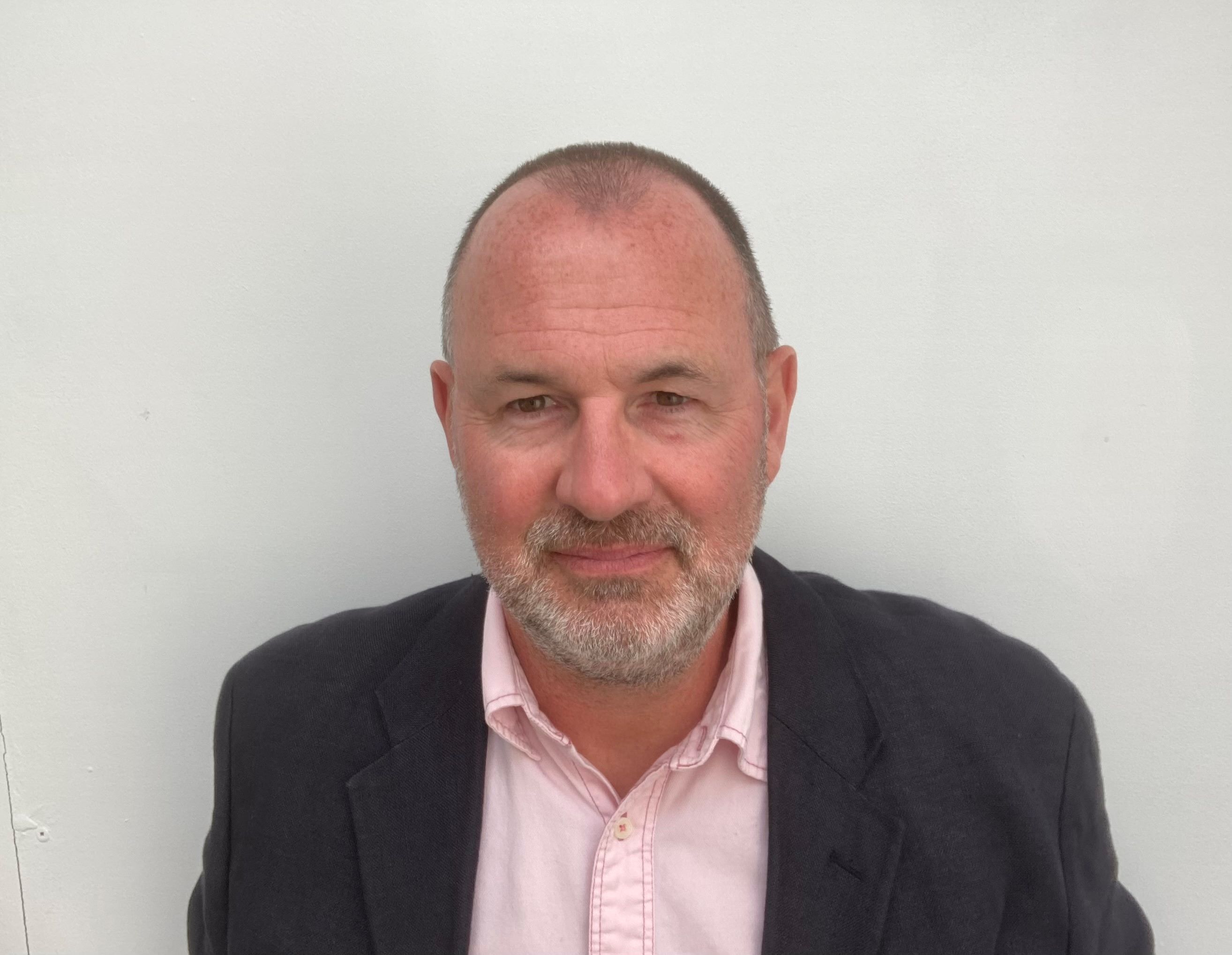Wrexham academic co-leading on £4.6m funded Community Open Map Platform project aiding green transition

Date: Monday, October 30, 2023
A Wrexham University academic is co-leading a research project with the University of Cambridge and the University of Cardiff to create a Community Open Map Platform (COMP) for Future Generations to chart the green transition on the Isle of Anglesey/Ynys Môn.
Professor Alec Shepley, Associate Dean for Research in the Faculty of Arts, Science and Technology at Prifysgol Wrecsam/Wrexham University, is leading the Wrexham component and Professor Scott Orford is leading the Cardiff element. While, the whole project is led by Professor Flora Samuel from the University of Cambridge’s Department of Architecture.
The project is one of four new £4.6 million Green Transition Ecosystem (GTE) grants by the Arts and Humanities Research Council (AHRC).
Despite changes to the HM Treasury Green Book to encourage forms of evaluation other than economic, local authorities are struggling to capture social, environmental and cultural value in a way that feeds into their systems and processes.
This new project aims to make this easier by spatialising data so that it can be used as a basis for targeted hyperlocal action for the green transition.
The data gathered as part of this project will be useful to local authorities beyond Anglesey, and will inform their decision making as they pursue their own green transitions
The project, a collaboration with the Wales Institute of Social and Economic Research and Data (WISERD) at Cardiff University, Cambridge University and Wrexham University, as well as several other partners, is supported by the Welsh Government and the Future Generations Commissioner in Wales who are investigating ways to measure and spatialise attainment against the Wellbeing of Future Generations Act – a world-leading piece of sustainability legislation.
Professor Shepley said: “I am very pleased to share that we have been funded £4.6 million as part of the AHRC-led Green Transitions Ecosystems call, to build a Community Open Map Platform for the Isle of Anglesey.
“We plan to work with arts practitioners to help develop novel forms of community data. Wales, of course, has a tradition of bards - poets and musicians.
“What that means in practical terms is our bards will be travelling around the island reflecting on issues associated with climate change and undertaking creative activities which engage children and young people on the island.
“We will be developing all kinds of responses to do with vital but 'hard to measure' things such as how children and young people feel in their day-to-day lives about issues relating to climate change.
“This rich data will provide useful insights and emergent themes to inform and enable decision makers charged with embedding the tenets of the Future Generations Act and the information we gather will be digitised and form a major part of the Public Map Platform.
“The project led by Professor Flora Samuel, will create a model for local authority data gathering across the UK and is in collaboration with myself here at Wrexham University and colleagues at Cardiff University.
Professor Flora Samuel said: “Climate change cannot be addressed without revealing and tackling the inequalities within society and where they are happening. Only when we know what is happening where, and how people are adapting to climate change can we make well informed decisions.”
The community-made data will be overlaid onto existing census and administrative data sets to build a baseline Future Generations map of the Isle of Anglesey.
The layers can be clustered together to measure the island’s progress against the Future Generations Act but can also be reconfigured to other kinds of measurement schema. In this way the project will offer a model for inclusive, transparent and evidence-based planning, offering lessons for the rest of the UK and beyond.
This award is part of the Future Observatory: Design the Green Transition programme, the largest publicly funded design research and innovation programme in the UK. Funded by AHRC in partnership with Future Observatory at the Design Museum, this £25m multimodal investment aims to bring design researchers, universities, and businesses together to catalyse the transition to net zero and a green economy.